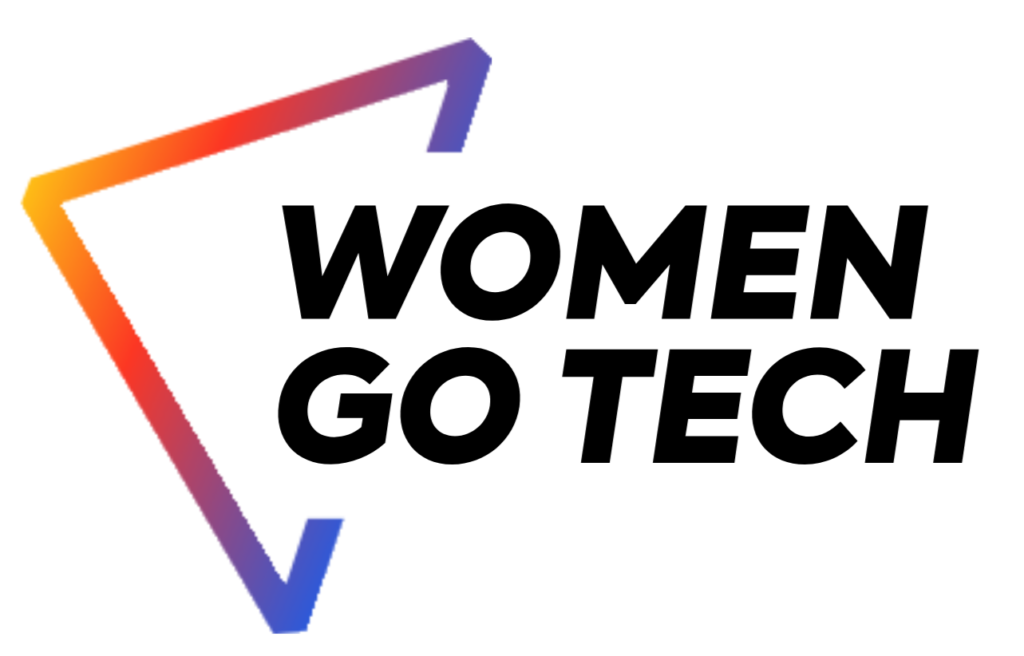Lithuanian mentorship and content sessions programme Women Go Tech together with the Nordic Council of Ministers Office in Lithuania, continue on building global partnerships to encourage female participation in the tech sector. Recently the knowledge sharing workshop dedicated to the development of an inclusive tech ecosystem was organized in Iceland.
During this visit, representatives from corporate, NGO, and educational institutions met to discuss strategies to accelerate change in gender equality and share best practices. Iceland is one of the champion countries in gender equality with a well-established network of organizations tackling the gender gap, that is why it was an immense opportunity to learn more about best practice examples and experiences in this field.
“The most outstanding feature of Iceland within gender equality topic – is its advanced policies encouraging the change and mindset shift within the society.”
Two of the most active groups in Iceland working to both increase participation by women in various fields of technology and promote women who are working in technology are WomenTechIceland and VERTOnet. Their main goals are to support women who are interested in or working in technology and to increase diversity and opportunities in IT, lessening the gender disparity present in the tech sector. These, and several other government, academic, private and public sector initiatives work to remove barriers that otherwise prevent women from seeking or thriving in work environments in the technology sector. Iceland visit was full of a meaningful exchange of ideas and conversations with these five key themes emerging from the workshop and the discussion:
Developing an early interest in STEM
Getting children started with STEM education in the early grades may encourage kids – equally boys and girls – to consider tech as their career choice. The list of possible ways to incorporate STEM curriculum is extensive, however, shifting the curriculum at schools was identified as a top priority. One of the key concerns expressed during the Iceland workshop was a widespread practise for school curriculums to be designed by people without technological background. However, it seems obvious that we cannot have school curriculums that will equip children with the skills and knowledge needed to succeed in the future unless tech experts are involved in the process. Acknowledging this, the Ministry of Education, Science, and Culture of Iceland made an official recommendation to have a broad range of people building school curriculums.
Creating career advancement opportunities
Managers have the power to set women on the right path and set the stage for them to succeed. When managers give regular feedback about expectations and performance, provide a clearly defined career path and facilitate exposure to decision-makers, achieving gender parity becomes much easier. Creating opportunities to connect with decision-makers also increases the number of women among top-tier management positions.

Unconscious bias plays a huge role in determining outcomes
A broad set of gender equality problems relate to implicit biases in the hiring process. An implicit bias is an unconscious belief about a group of people, thus, it is very hard to identify them, as a person is not even aware of them. However, there are still some improvements that can be done. For example, companies can introduce a policy for its employees, especially those working in the HR department, to take an implicit association test that would make them aware of where they stand. As well as that, there are some other well-researched practises eliminating implicit bias in the decision making process. One of them is a complete elimination of the gender, race, and name of an applicant, when the information is revealed only in further stages in the hiring process. It is important to understand that we are all biased in one way or another – it is in our nature, and the only way to reduce the effect of implicit biases is to be aware of them.
Female role models are key to gender diversity
A shortage of visible female role models and mentors is still a major barrier for women. Exposure to female role models who have been successful in technology build career aspirations for young women to emulate. This fact undoubtedly proves the significance of programmes such as Women Go Tech, as it provides women with more female leaders and mentors that they can associate with.
The gender pay gap is a complex problem
Although it is illegal in Iceland to pay women less than men, there are still some concerns that existing loopholes in the law allow companies to avoid this policy. Accredited certification bodies have to confirm that a company or an institution has an equal pay system. However, a company is free to categorise the profiles of specialisations and occupations, and based on this information they are granted the certification. Clearly, this process is not immune to possible falsification of data and further improvements need to be done.

A lack of gender diversity carries with it a major cost for organizations and countries worldwide. Fortunately, more and more institutions recognize that reducing the gender gap in the labour market must be the number one priority on their agenda. There are still lots of work to be done, and we are determined to explore possibilities and build stronger relationships with other organizations. We strongly believe that by increasing the scale and impact of initiatives that tackle the gender gap, we could see positive shifts both in the technology sector as well as the overall labour market.
Nordic Council of Ministers Office in Lithuania, together with a Lithuanian mentorship and content sessions programme Women Go Tech, has launched a project “Developing an Inclusive Tech Ecosystem in the Nordic and Baltic Regions” encouraging female participation in the tech sector. With a goal to build a global partnership network, this project facilitates much-needed discussion about best practice examples and experiences in order to help such initiatives grow, collaborate, and scale-up in the Baltic Sea and Nordic Region. More information about the project.
